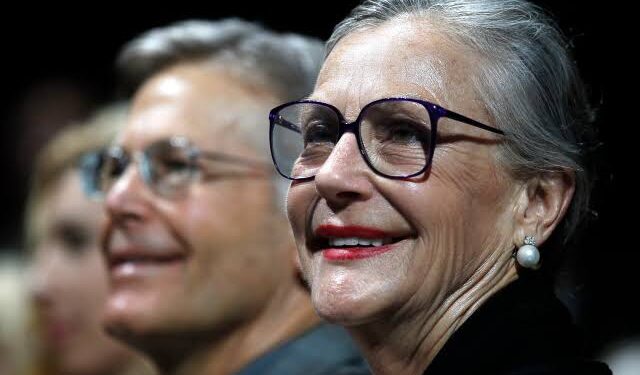Maritime stakeholders have said that the country loses N1 trillion annually due to the lack of cash disbursed from the Cabotage Vessels Financing Fund.
This was disclosed by stakeholders in the maritime sector during a recent meeting with the new Director General of the Maritime Administration and Safety Agency, Dr. Dayo Mobereola in Lagos, according to The Punch.
In his comment at the event, a maritime lawyer, Emeka Akabogu said that Nigeria loses $4 billion because of a lack of inland waterway transport.
“There are three legs to shipping, fleet expansion, ship repairs, and shipbuilding and the country is losing $9bn annually to non-participation in international freight services,” he said.
In addition, Akabogu noted that the fishing sub-sector of the maritime industry contributes N282bn annually to the economy.
“Nigeria’s coastal resources have an estimated capacity of $504tn. Current realized capacity is $106tn in export and import on frozen fish is $876m,” he stated.
According to Akabugo, NIMASA’s Former Director General Dr.Bashir Jamoh has stated that Nigeria is losing about $25 billion a year on illegal maritime activities, and the Nigerian National Petroleum Corporation Limited loses around $1.35 billion in oil bunkering.
He underlined that Nigeria currently has 4419 registered ships with a total tonnage of 5.8 billion.
“The summary of the valid registered vessels is 2,136 with a 4.2 billion gross tonnage, invalid registered ships are 61, cabotage registered vessels are 1033, with a gross tonnage of 1.9 million. The foreign-owned vessels are 18 with a gross tonnage of 125 million,” he added.
Meanwhile, the Flag Officer Commanding Western Naval Command, Nigerian Navy, Rear Admiral Mustapha Hassan stated that several requirements had to be met by NIMASA for the implementation of the Cabotage Act, which was not in effect since its adoption.
He emphasised the need for inter-agency cooperation under the cabotage scheme to deal with issues related to the boarding and inspection of ships, in particular through an automatic identification system.
A former DG of NIMASA, Temisan Omatseye stated that the Agency was set up with a primary mission of supporting, protecting, and enabling indigenous ship owners to raise their vessels.
However, he noted that the CVFF Fund would not be made available to NIMASA’s existing leadership.
Omatseye noted that the financial regulations go against banking and finance institutions’ regulations.
“By the CVFF, NIMASA is doing the risk assessment but the disbursing does not allow an outsider to do the risk assessment, as it negates the law that binds the funding,” he remarked.











